Table of Contents
The table was cleared, pencils sharpened, and fresh paper was ready. On the first day of my son’s remote schooling, I did some frontloading. “Some of your friends will be there. Some of them won’t. There may be some boring parts, but it’s important you listen and pay attention because class is so short.”
Prepped, dressed, and teeth brushed, he was good to go.
I opened my computer with five minutes to spare waiting for the host to let me him in. At 9:32, my heart rate sped up. I started to hit refresh. Had I missed it? What had I got wrong? I went back to my email. My palms were clammy. I re-read what his teacher wrote and everything checked out. I quit zoom and clicked the link again.
9:35
My son sat on his hands and rocked back and forth.
9:37
I posted a desperate plea for help our school’s Facebook group.
Crickets.
Eager, my son did not get off his chair. He was excited waiting to see his friend.
I clicked refresh again, then sent out frantic texts to the moms I knew.
Is your son in? Is class still on? Am I hot-mess-momming again?
10:15
After an absurd number of refreshes, my son’s smile fading and my panic mounting, a fellow mom sent me a different link.
I had been sent the wrong one!
My son had waited so long only to see his peers wave their goodbyes. Overcome with every feeling that had preceded that moment, I walked out onto our porch, closed the door, and sobbed my heart out.
Since that day, there have been several more hurdles. I have only printed off one of two homework assignments, forgotten to put due dates on my calendar, and realized that my son had unmuted his mic just as my toddler declared, “I HAVE TO GO POO! WIPE MY BUM!”
My daughter has closed zoom because she was embarrassed she got her math answer wrong.
And, of course, there have been plenty of times they have done their best to bargain their way out of attending digital class.
Now, we’re finally in a place where we feel as though we have hit our stride.
My daughter’s quarantine happiness has come from using Facebook Messenger Kids to see her friends, having a highly predictable morning routine, and lots of outdoor time after class. She gets to decide when she does her homework. The only requirement is that she does it when she says she will.
For my son, we’ve found our rhythm both by bike riding rain or shine before and after school. And, homework is broken up into easy to digest pieces. The latter can be patience-testing, but he’s getting it done.
Despite reaching our own version of equanimity, it’s all about to change with schools reopening…
Our school is going back on June 1st to a new normal.
Evidence put forth by health officials suggests that child-to-adult and child-to-child transmission is low. And, when children do contract the virus they tend to be minimally impacted. (Because I am neither a doctor nor an epidemiologist I recommend reading this article.)
Our school was offering the option to do fulltime online or part-time in-person, part-time online. Meaning that if parents choose to send their children to school, they only go twice a week. Children who will attend school will adhere to social distancing, frequently hand-wash and only be in classrooms with seven other people including the teacher.
Every Wednesday the school is closed for a deep clean.
This certainly represents progress after being in lockdown for approximately two months. Honestly, getting out of the house even for brief very socially distanced outings has been a relief.
Despite these assurances, I have been plagued with worry.
When I scroll my newsfeed or my head hits the pillow at night my stomach churns and my thoughts race.
What impact will social distancing at school have on my kids?
Will they be filled with frustration that they can’t just play normally? Or, will this be a welcomed opportunity to experience a semblance of their previous lives?
How will they get kids to social distance without it becoming so stressful for everyone involved?
Will this be a good thing or set my kids back because everyone around them will be so stressed?
What about the teachers? My daughter’s teacher last year had an awful bout of pneumonia? Will she be safe?
Will school and homework expectations be reasonable? Or, like when crisis schooling started, will I feel like I’m running behind on all the things all the time?
But it’s not just me.
Social media is peppered with group messages, statuses and posts in school groups concerned about what school will look like moving forward.
Regardless of city, state, province, or country, thanks to the pandemic the citizens of the world are social distancing. The schools in France and Quebec have resumed using masking tape to designate each child’s space in the classroom and in the courtyard respectively.
As one parent articulated so well:
How are we parents supposed to know what to believe?
I read a post recently about giving teachers a chance to prove that they can handle this and how parents should trust that they can do it, and another post about how teachers are urged to get their wills in place. How they don’t want to die. How they are also worried and scared.
There is too much information and I’m left frozen in fear.
Fear of messing up my kids’ education.
Fear of my kids getting sick.
Fear of my kids’ mental health being at risk.
Fear of instability.
Meredith, Perfection Pending
Schools and teachers are doing their best. And still many teachers are concerned about students’ social and emotional wellbeing.
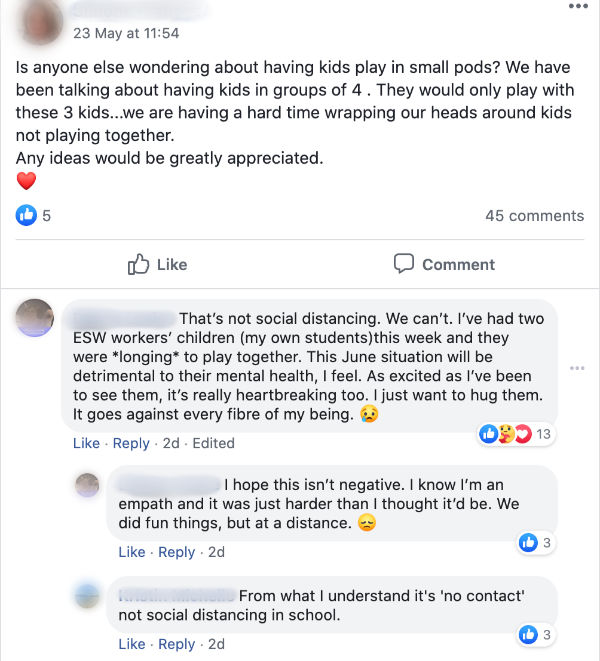
One teacher in a Facebook group tried to come up with a workaround to social distancing, wondering if she could have small groups of students only play with one another. Another teacher who had been working with essential workers’ children stated that, though children are longing to play together, they can’t. This teacher says she feels this will be detrimental to the children’s mental health.
The truth is, we don’t know how this will play out, but school will be different.
It’s impossible to say how this situation will unfold. However, it is safe to say that schools, and other institutions that involve mass gatherings, will be greatly altered for the foreseeable future.
Despite my feelings of unrest, I realize there is a lot that can be done to help navigate this situation and make the best decisions for my children.
How to get peace of mind for back to school during the pandemic.
What works best for each child is, of course, dependent on each child and each family. It is important to note that not all families have the privilege of deciding how to proceed with their children’s education – some are essential workers, have jobs that prevent them from working from home, or have immune-compromised people in their family and cannot risk having their children in school. Before I make these suggestions I want to pay respect to these people.
These suggestions are based on my own experience and education in educational psychology, child development, and social psychology. The advice is also based on the advice I have received from other educators and are meant as general suggestions on how to make crisis schooling reasonable for your family.
1. Establish what is most important to you and use that as a guide when making all decisions.
This may take reflection, prayer and conversations with others or it may be clear what’s most important to you. This could be protecting the health of a loved one, keeping food on the table or more education-focused.
When it comes to my children’s education, my number one priority is fostering a lifelong love of learning. In application, this has meant finding a balance between pushing my children and knowing when to back off. For example, when remote learning started after the pandemic hit, my son didn’t want to go on zoom and didn’t want to stay on zoom. We chose to push him to attend class each day, but when his attention was waning chose to allow him to leave class early.
The other most important focus for me right now is my children’s overall wellbeing. For some families, this may mean foregoing in-person instruction entirely for their children to stay as healthy as possible. For our family, our focus is on mental health. My son gets distressed when there are too many changes and transitions. Therefore, I again try and find the balance between pushing him outside of his comfort zone while trying to minimize overstimulation.
Related reading: How to use social stories to empower your child
2. Communicate with the school. Express appreciation and ask questions.
Right now, teachers are working around the clock to facilitate learning in the best way possible in uncharted territory. And because of that, it is my firm belief that all interactions with the school lead with appreciation and understanding. It will also facilitate a more positive and productive conversation. Then, ask questions and request insight. If you are unsure about a policy or procedure, it is important that you get clarity and understand what’s happening.
3. Ask your child’s teacher or a trusted educator for ideas navigating this new normal with your student.
Whether it’s your child’s teacher from the 2019-2020 school year, a favourite teacher or another educator, a teacher who knows your child will have insights into their learning that you may not have thought of. Additionally, they may be able to affirm a course of action you have chosen for your child and offer reassurance.
In the past, I have found that speaking to my children’s teachers provides a window into their education that I don’t always see at home.
4. No matter the course you choose, increase outdoor time to decrease stress.
While this is a good strategy for the whole family, research shows that learning and self-regulation improve when they have outdoor time (1). During this time, it’s important that children can try out new skills, explore, and create games on their own terms (2).
As previously mentioned, during COVID-19, our routine has been to essentially bookend online school with outdoor time. Regardless of the weather, I follow my kids outside and let them ride bikes, destroy old toys using tools, or dig in the unplanted portion of my garden. Doing this has diminished power struggles and improved focus greatly.
5. Allow for breaks and remember education won’t be the same.
The term crisis schooling is being used because our world is under unprecedented health and economic stress. Parents have lost their jobs and families have lost loved ones. Even in cases where neither is the case, playgrounds are shut down, museums are closed and grocery shopping feels like we’re in a bad fiction novel. This isn’t how homeschoolers do it.
Based on all of this, coupled with the fact that school isn’t normal, learning will be fragmented. As such, we must give our children grace when they’re struggling.
The truth is education has never been nor it ever will be strictly pencil to paper. Closing the computer or choosing to forego in-person social distance learning, does not mean your child isn’t learning.
Outdoor play, reading, baking and cooking as well as playing with toys improve children’s learning and are rife with educational experiences.
A final note on crisis schooling
There is no question, this is a trying time. For the most part, our children have lost the end of their school year, extracurricular activities, and playdates. As parents, we are looking to September with concern for our children’s educational, emotional, and overall wellbeing. However, we can equip ourselves with insights and create a game plan based on the best of our knowledge of our children and our school systems. The more present and calmer we are, the better they will fair. It is important, we remember we can work with our children’s schools to figure out the best plan for each of our children.
And finally, remember that this is uncharted territory for everyone. You’re not expected to do it perfectly or even get it all right. Be kind to yourself and remember that even if nothing goes according to plan, life skills and outdoor play along with reading will still facilitate rich educational experiences during this challenging time.
Additional reading on back to school that you may find helpful:
5 powerful ways to lower stress during remote learning
Experts say this is the best way to teach your kids to read and love it too
Extracurricular activities for kids: Why science says less is more
Social stories can help your child in the heat of the moment
Explaining social distancing to kids
Recess games for social distancing
10 Tips for Teaching Kids Outside
Backyard learning: Teach your child science, math and early literacy outside




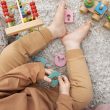


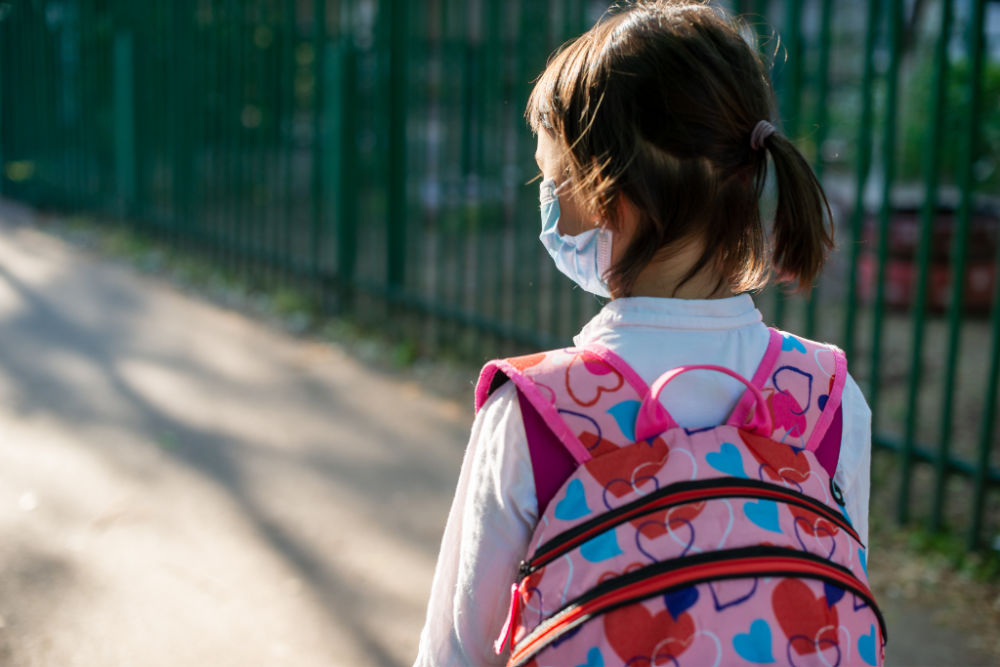
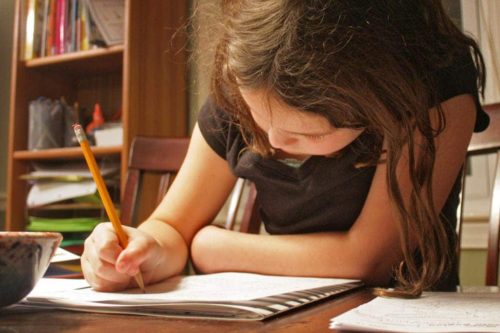
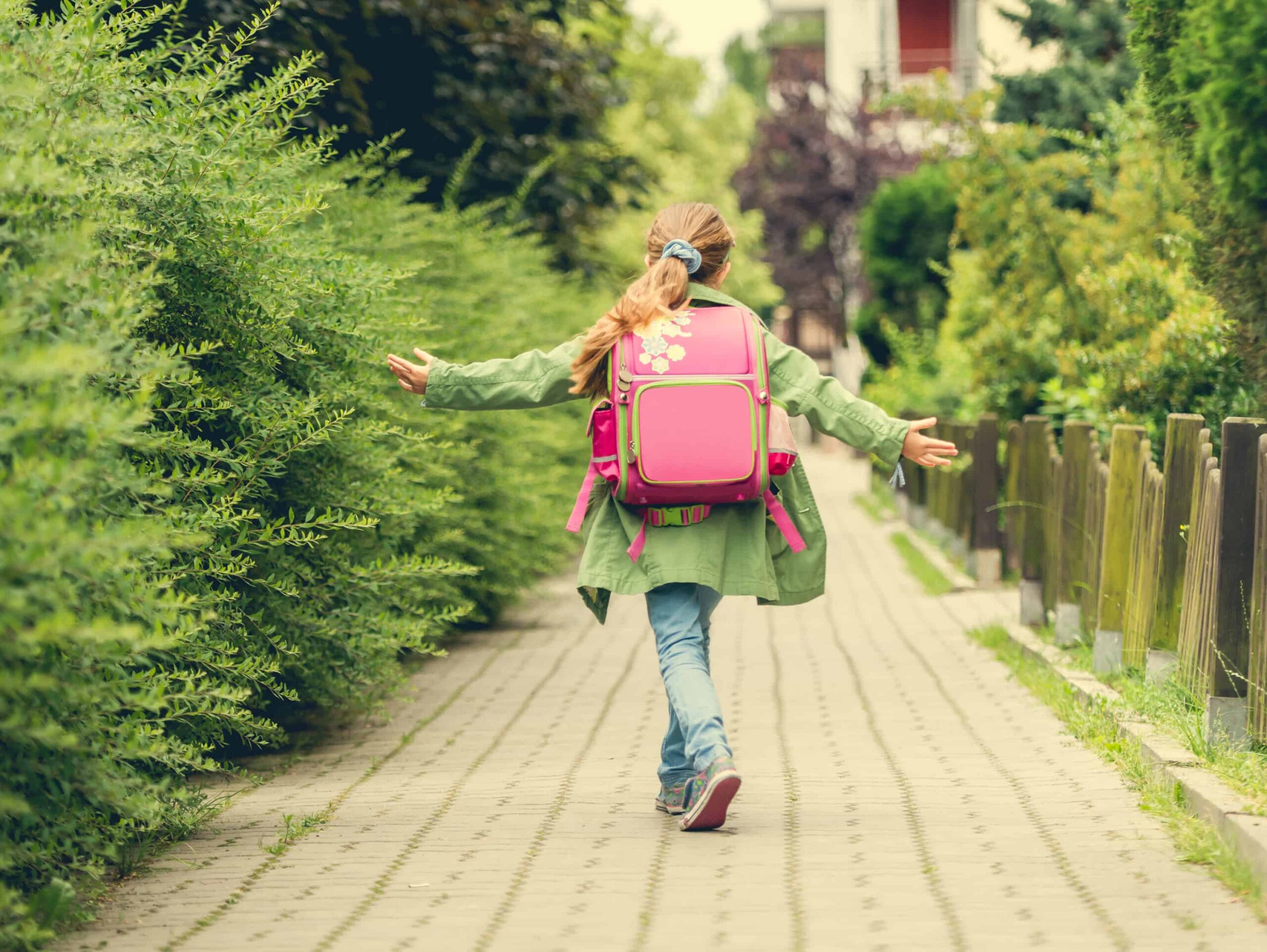

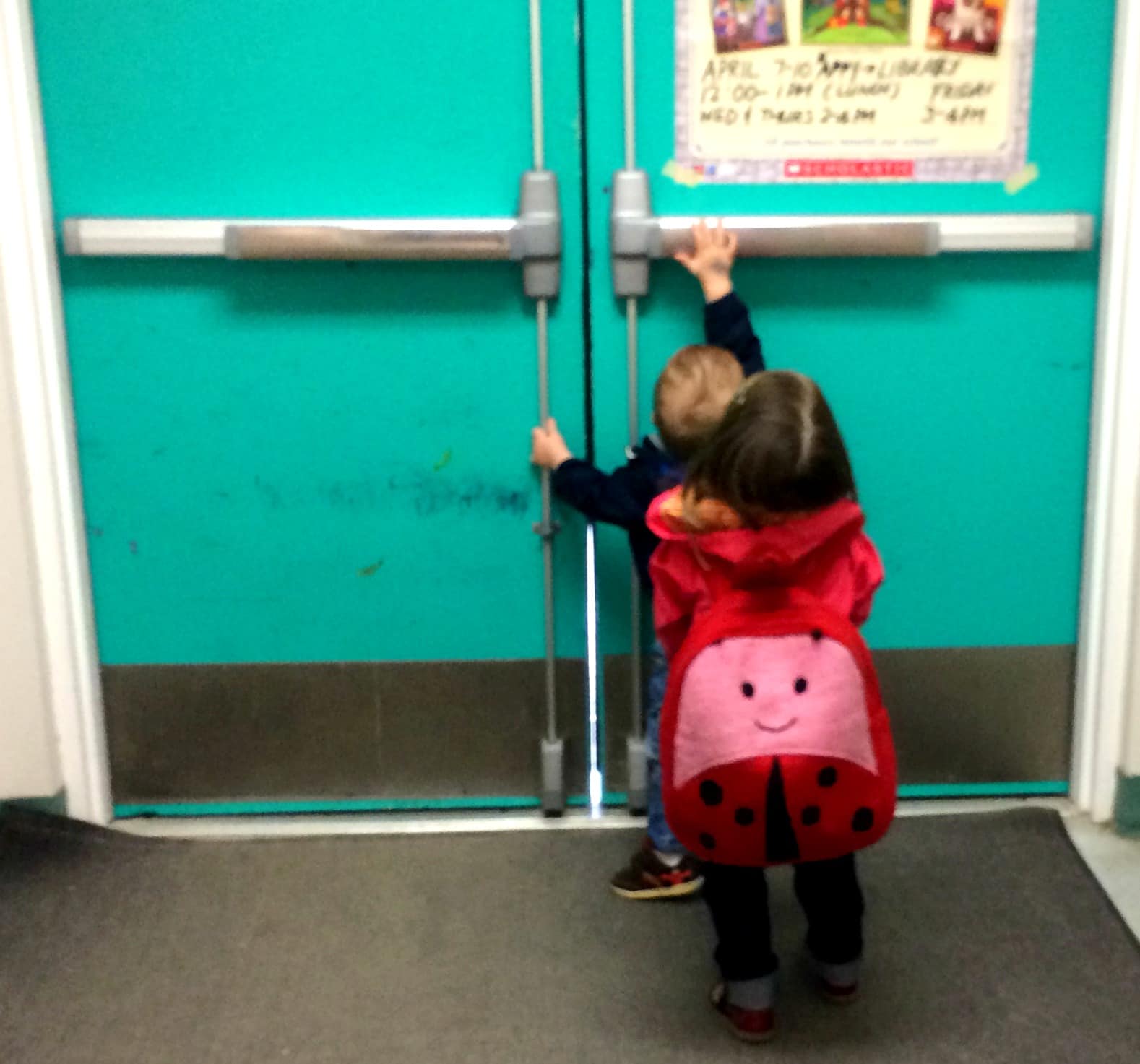
During this time, it’s important for parents and children to come together and spend good time together. Try different ways like having a pamper session with mom care and baby care products, that does help to ease the anxiety during this time. I tried this pampering session with the moms co. products and i am so surprised with their quality.love them!
My daughter will start her education in school soon, and I’m very anxious about many things. Thanks for the post, it will help me overcome many issues!
The most important is to support your kid through all the situations. Together, you will make it.